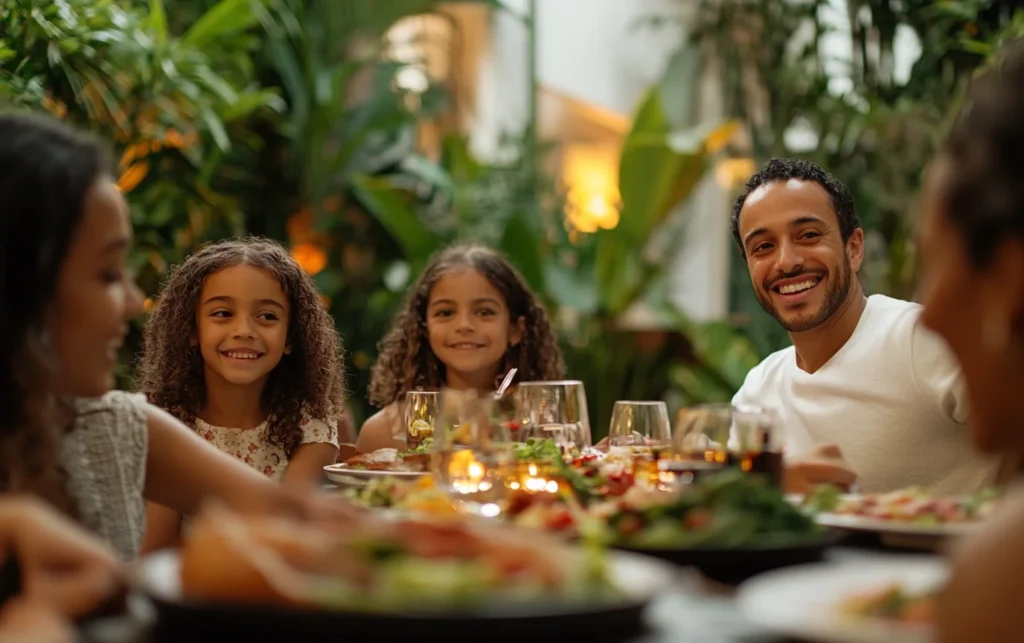Family traditions play a pivotal role in the cohesion and emotional health of family units. They create a sense of belonging, identity, and continuity. But what exactly makes these traditions so vital, and how do they foster deep emotional connections among family members?
Building a Sense of Identity
Traditions often serve as the thread that weaves family members together across generations. They provide a unique identity that parents pass down to their children. From holiday celebrations to simple weekly dinners, these traditions become cherished rituals that families look forward to, reinforcing their connection to one another.
Emotional Bonding through Shared Experiences
Participating in family traditions offers valuable opportunities for shared experiences that strengthen emotional ties. Engaging in these activities brings family members closer, facilitating open communication and shared memories. This collective participation is essential for creating lasting relationships that withstand the test of time.
Examples of Family Traditions
- Holiday Celebrations: Special occasions, such as Christmas or Thanksgiving, where families come together to celebrate.
- Annual Family Reunions: Regular gatherings that bring extended family together, fostering reconnection and celebration of shared history.
- Weekly Family Dinners: Setting aside time each week to share a meal and discuss life, engaging with one another on a regular basis.
- Storytelling Nights: A tradition of sharing family stories or anecdotes that help preserve family history and instill values.
The Role of Emotional Connection
Families who engage in traditions tend to form stronger emotional connections. These rituals not only foster love and support but also create a safe environment where each member feels valued. This emotional security is critical, especially for children, as it promotes healthy psychological development.
Why Family Traditions Matter
In a world that often feels fast-paced and chaotic, family traditions can serve as an anchor. They provide a sense of stability and reassurance, reminding us of what is most important—our loved ones. By nurturing these practices, families cultivate resilience and adaptability, equipping members to face life’s challenges together.
Family traditions are far more than mere customs; they are vital components of emotional well-being and familial connection. By embracing and preserving these practices, families create an environment rich in love, support, and understanding. In doing so, they lay the groundwork for future generations to cherish and celebrate their unique family history.

